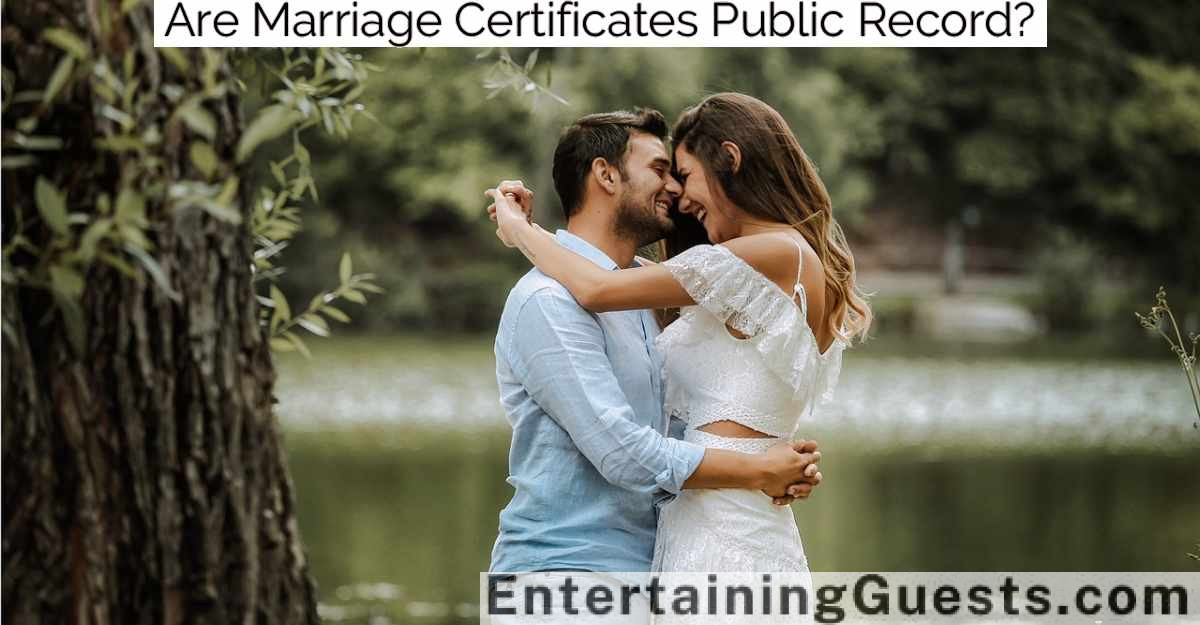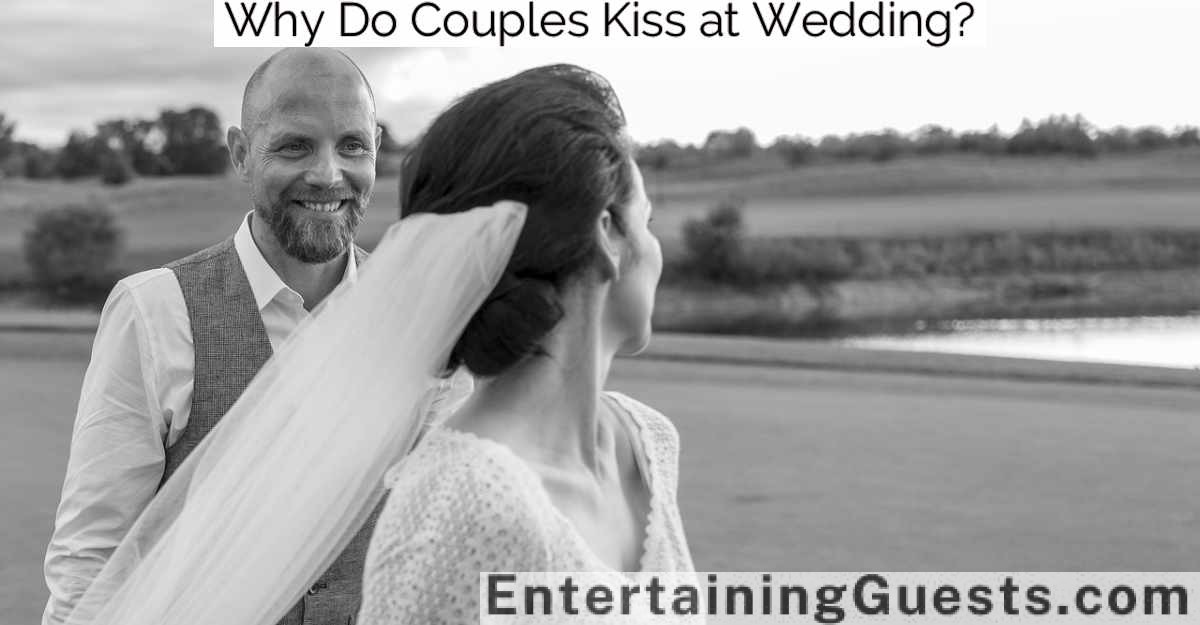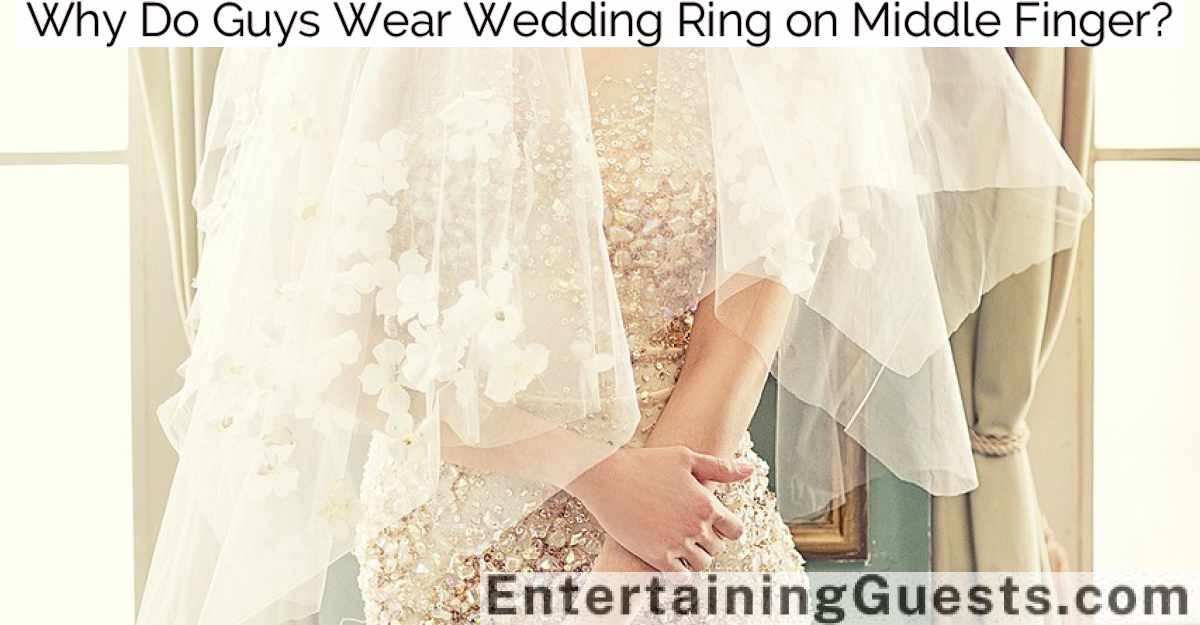Yes, marriage certificates are generally classified as public records, although the level of access can vary based on state regulations. Most states allow the public to retrieve these records, but there are differences in how easily they can be accessed, what procedures must be followed, and what privacy protections are in place.
For example, Alabama provides relatively easy access while New York has stricter measures to protect individual privacy. Typically, individuals seeking access need to show a legitimate reason for their request, provide identification, and in some cases, prove a direct relationship to the people listed on the certificate.
These measures ensure that states support legal and genealogical research while protecting sensitive personal information. For detailed guidance on the specific policies of each state, further research is recommended.
Definition of Public Records
MY ARTICLE SUBHEADING CONTENT]:
Public records are documents or pieces of information that aren’t considered confidential and are maintained by government agencies. These records include a wide range of documents, from birth and death certificates to marriage licenses, and they play an essential role in ensuring transparency and accountability in governmental operations.
By law, public records are accessible to the general public, which means any person has the right to view and obtain copies of these documents, often for a fee and with certain procedural requirements. For instance, engaging with public records can be akin to hosting a festive gathering where activities are designed to foster connections among guests, as highlighted in 12 Festive Ideas to Entertain Guests During the Holiday Season.
The accessibility of public records is fundamental to democratic governance, as it allows citizens to monitor government activities, understand decisions, and hold officials accountable. Additionally, public records serve as an important resource for various legal and business activities, providing necessary information that can be critical in decision-making processes.
The classification of a document as a public record typically depends on its nature and the laws of the particular jurisdiction.
It’s important to understand that while public records are broadly accessible, certain limitations and exceptions based on privacy concerns do apply. These exceptions are often delineated by specific statutes that balance public access with individual privacy rights.
Privacy Laws and Marriage Certificates
Many jurisdictions implement specific privacy laws that govern the accessibility of marriage certificates. These laws guarantee that while marriage certificates are generally recognized as public records, they’re not universally accessible to everyone. Typically, such documents can be viewed by the individuals on the record, their legal representatives, and certain government officials.
The rationale behind these restrictions is to protect the privacy of the individuals involved, preventing personal information from being exploited. Respecting cultural customs is vital, as different cultures may have varying perspectives on privacy and personal information sharing.
In addition to jurisdiction-specific statutes, broader regulations like the U.S. Family Educational Rights and Privacy Act (FERPA) influence how sensitive information, including marital status, is handled. Although FERPA primarily deals with educational records, its principles of protecting personal information extend to other areas, including marriage records.
Furthermore, some regions have enacted laws that allow individuals to seal their marriage records. This process limits access to the documents unless authorized by a court order, thereby providing an additional layer of privacy.
These legal frameworks reflect a balance between public interest in governmental transparency and an individual’s right to privacy. They guarantee that while marriage records contribute to the societal and governmental fabric, they don’t compromise personal security and privacy rights.
How to Access Marriage Records
While the privacy laws around marriage certificates guarantee protection and restricted access, individuals entitled to view these records might wonder about the actual steps to obtain them. Typically, you must first determine your eligibility to access such records. Generally, individuals who can request copies include the persons named on the marriage certificate, their legal representatives, and certain family members.
Understanding the importance of quality ingredients in a dish can be analogous to guaranteeing you have the right documentation when seeking marriage records; both require careful attention and precision to achieve the desired outcome. For those hosting special events, engaging dining experiences can also provide insight into how to create memorable moments, just as obtaining marriage certificates can mark significant life events.
The primary step involves submitting a formal request, often through a written application, to the appropriate agency—usually the county clerk’s office where the marriage was registered. This request must specify the names of the marriage partners, the approximate date of the marriage, and the purpose for which the copy is requested. It’s essential to include any required identification to verify your relationship to the individuals named on the certificate.
Most agencies also require a fee for processing the request, which varies depending on the jurisdiction and the type of service requested (e.g., standard or expedited processing). After submission, the agency reviews the application to verify compliance with state regulations and, if approved, issues an official copy of the marriage certificate. This process can take several weeks depending on the agency’s workload and the specifics of the request.
Variations by State
How do state laws affect the accessibility of marriage records? Across the United States, the availability and accessibility of marriage certificates can vary considerably due to differing state legislations. Some states maintain an open records policy, allowing almost anyone to access marriage records. In contrast, other states impose strict restrictions, limiting access to the individuals listed on the certificate, their legal representatives, and specific governmental entities.
For instance, states like Alabama and Kentucky classify marriage records as public information, enabling ease of access for genealogical research and other purposes. Conversely, states like New York and California protect these records under privacy laws, releasing them only to persons who can demonstrate a direct and tangible interest in the documents.
The criteria for accessing these records can also differ. Some states require a government-issued ID and a verifiable relationship to the individuals on the marriage certificate, while others may also demand a court order or additional documentation to justify the request for access.
This variability underscores the importance of familiarizing oneself with the specific laws of the state where the marriage was recorded, especially when considering the retrieval of such sensitive documents.
Such knowledge guarantees compliance with legal standards and secures the necessary records without undue complications.
Implications of Public Accessibility
Given the varying degrees of public accessibility to marriage certificates across states, important implications arise for both individuals and society as a whole. This accessibility impacts privacy, identity security, and historical research opportunities.
For individuals, the broad availability of such personal data can lead to privacy violations and potential identity theft. Marriage certificates often contain sensitive information including birthdates, maiden names, and personal addresses. When easily accessible, malicious actors can exploit this information, increasing the risk of fraud.
Conversely, for genealogists, historians, and legal experts, public access to marriage records is invaluable. It facilitates the tracing of family lineage, legal adjudication in cases involving inheritance rights, and the study of demographic and social trends over time. Therefore, the level of access provided can greatly affect cultural and social research.
Balancing these interests requires nuanced policies that consider both the need for personal security and the benefits of accessibility. States must navigate these waters carefully, crafting regulations that protect individuals’ privacy while still permitting legitimate academic and legal inquiries.
This balance is essential in maintaining both the integrity and utility of public record access.
Conclusion
In summary, while marriage certificates typically fall under public records, their accessibility can vary considerably by state due to differing privacy laws. Individuals seeking to access these records must navigate specific state regulations, which can sometimes complicate the process. The public nature of marriage certificates raises concerns about privacy, yet it also guarantees transparency and traceability in civil documentation. Stakeholders must balance these elements carefully to protect individual privacy while maintaining public access.




